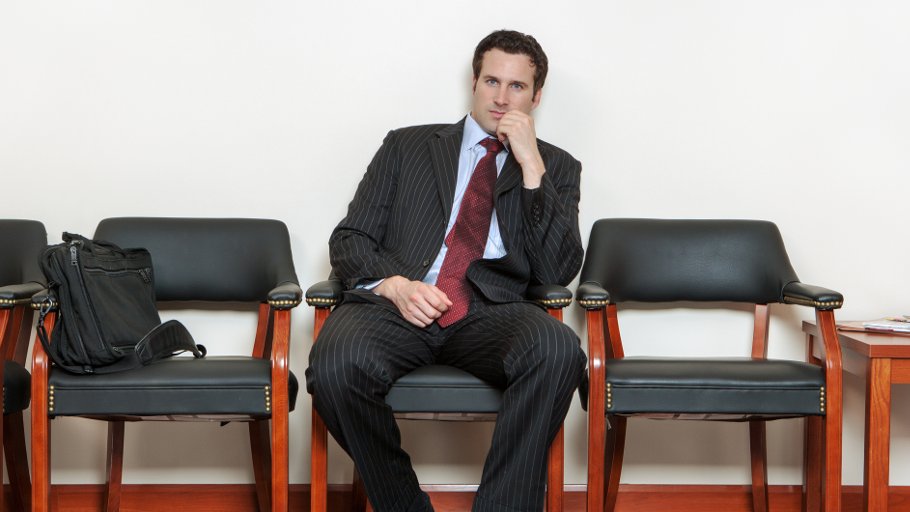 Vampire Weekend's Surprising Jewish Stories
Vampire Weekend's Surprising Jewish Stories


3 min read
Connecting to the simple power of generosity.
After driving 60-minutes in a rainstorm, I arrived at the medical clinic for a routine stress test. I was on time and looking forward to a quick in-n-out. But when I handed the doctor’s authorization to the receptionist, I immediately sensed trouble.
“This authorization is for one of our other locations,” she said flatly. “It’s not good here.”
I went straight to logic. “You’re part of a chain of four clinics operating under the same name in close proximity,” I stated confidently. “Surely this clinic doesn’t operate independently of the others.”
“You can’t use that authorization here,” she repeated in well-honed bureaucratic drawl.
I shifted tactics to a desperate appeal for compassion. “But the other locations had no appointments! And I traveled an hour to get here! In the pouring rain!”
She was nonplussed. “Your doctor can send us a new form.”
“I’ll have him email it right away,” I said, thrilled at this glimmer of hope.
“We don’t have email,” she said dismissively. “Only fax.”
It’s 2019 and your company doesn’t have email?!”
“Let me get this clear,” I said in exasperation. “It’s 2019, you’re a large company with multiple locations in a technologically-advanced country – and you don’t have email?!”
She shrugged her shoulders.
I begrudgingly contacted the doctor’s office who instantly faxed an updated authorization through their computer.
Five minutes later, no fax had arrived.
15 minutes later, still no fax.
I called back my doctor’s office.
“No problem,” he said obligingly. “I’m walking over to the fax machine to send it manually. Done!”
I patiently waited 5 minutes, 20 minutes. Still no fax. And no plan-B.
By now a second receptionist had arrived and overheard my plight. “Here,” she said, handing me her cell phone. “Have your doctor send it by email.”
“But I thought the clinic doesn’t have email.”
“We don’t. But you can use my personal account.”
After recovering from momentary shock, I burst into action. The email method worked seamlessly (imagine!) and minutes later I was on the treadmill.
The second receptionist’s small act of random act of kindness restored my belief in humanity and saved me valuable time and energy. Living with generosity is a great way to proactively enrich our life and it really doesn’t take so much effort, just a little thoughtfulness.
To get started, here are some tools:
Set your phone alarm to go off every hour throughout the day. Whatever you're doing at that moment – driving, socializing, working, etc. – stop and ask: "Right now, what small act can I do to make life more pleasant for someone else?"
Don’t wait to be asked or "begrudgingly accede to a request." Rather, generosity is defined as Rodef Chesed – literally, "chasing kindness" – going out of your comfort zone to actively care for the welfare of others.
Maimonides writes that good character is attained not by the size of a good deed, but rather by the number of deeds performed. Giving a charitable donation of $1,000 might not positively influence me to the same degree as a thousand acts – i.e., giving one dollar a thousand times.
Whenever encountering another in need, we can respond either by shrinking into our internal safe-space, or by extending ourselves on behalf of another. The second receptionist understood that when reaching out to help, we create a perpetual loop of human connection – where generosity engenders gratitude that in turn encourages more generosity.
Jump into the loop today!
